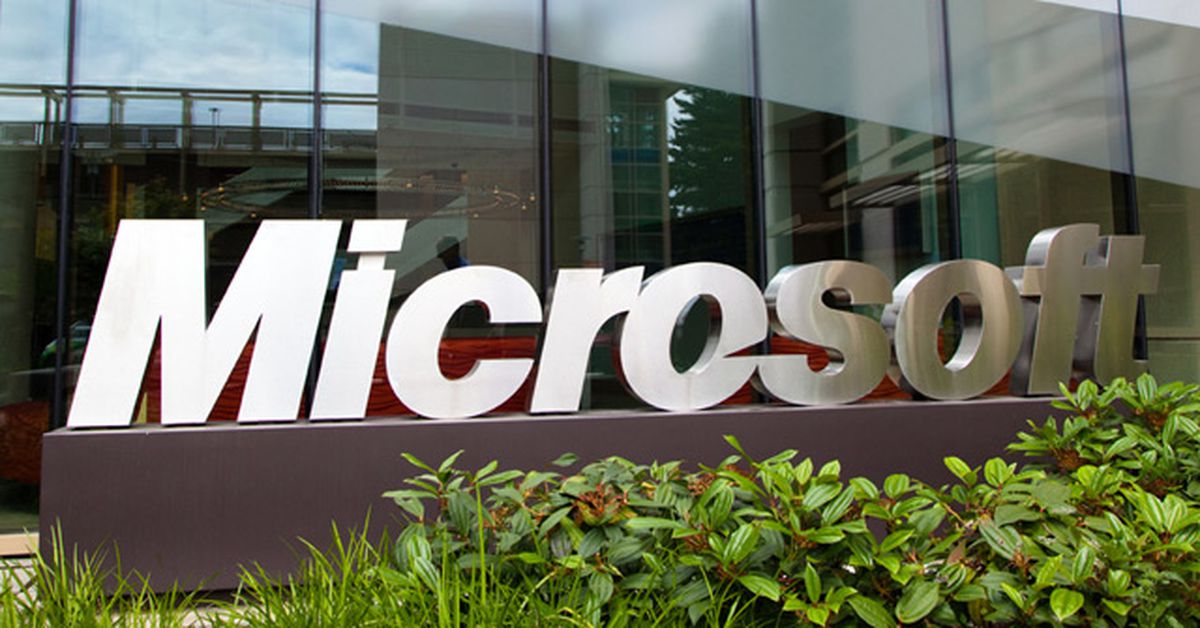
Microsoft is bringing generative AI to frontline field workers by integrating its Copilot AI assistant into its field services platform, streamlining workflows but also enabling supervisors to know what technicians are doing on the job.
Copilot, first introduced in March, is already on Microsoft 365 enterprise platforms and was first used by desk-bound employees who wanted AI to generate text for PowerPoint presentations. (It’s distinct from the Github service of the same name.) Now, Copilot will be added to the Dynamics 365 service used by field workers like cable technicians and electric repair personnel, among a swathe of other jobs in facilities, manufacturing, and healthcare.
With Copilot, service requests sent via Outlook will automatically pre-populate information, including how many times the same customer reached out for service before. Supervisors can review the work order before sending it off to field workers. By fall this year, those work orders will also recommend specific people for the job based on their travel time, availability, and skill set.
Technicians can update their work status, i.e., if they’ve arrived at a location and started fixing the issue and what precisely the problems are so managers know what’s happening with a project and they can help prioritize tasks. It also lets them find job location information in less taps. Then Copilot will help create recaps of the service for managers.
Customers will have more visibility into where their technicians are, and field workers eliminate a lot of busy work. But we’ve seen how high-tech tools that make worker activity more visible can also encourage closer scrutiny of workers, for example, with complaints from employees at Google about alleged spying through new calendar tools.
And if the technician is stuck on an issue, Microsoft brought 3D spatial annotations to Teams video calling via mobile, which can emphasize a problem like a faulty screw by encircling it in the video call, saving workers the back and forth of describing what they’re seeing. If the camera moves away, so will the annotation. It seems similar to the remote assist features on a HoloLens 2 Teams video call.
Lili Cheng, corporate vice president, Business Applications and Platform at Microsoft, said bringing generative AI to fieldwork lets frontline workers like technicians work faster and smarter.
“A lot of field workers often rely on pen and paper, with most tools fragmented, so it takes a long time to complete jobs,” Cheng tells The Verge. “We wanted to help streamline their workflows.”
Copilot in Dynamics 365 is already available to current users. Microsoft worked with clients around the globe like Hitachi Solutions, the 9altitudes Group, and TechLabs London when testing out the product.
https://www.theverge.com/2023/8/11/23828556/microsoft-generative-ai-frontline-workers

